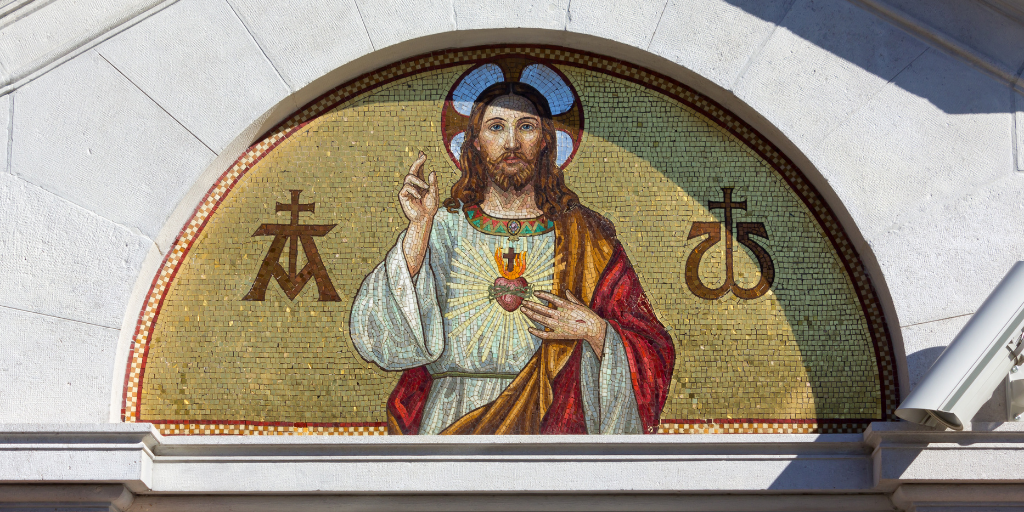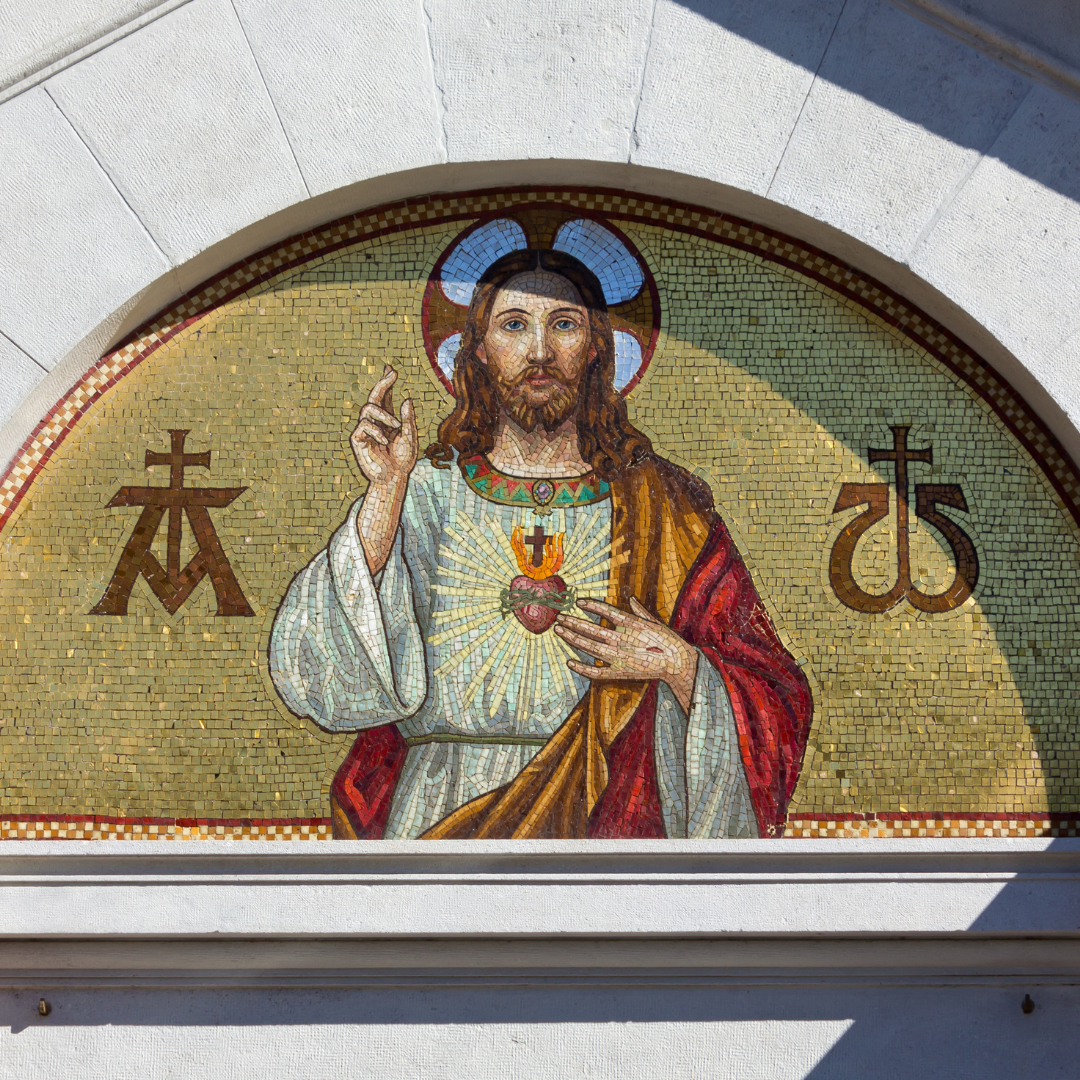
Julie Storr shares a reflection on the Collect for the Mass for the 6th Sunday in Ordinary Time.
This week, we Lectio the Liturgy with the Collect for the 6th Sunday in Ordinary Time.
O God, who teach us that you abide in hearts that are just and true, grant that we may be so fashioned by your grace as to become a dwelling pleasing to you. Through our Lord Jesus Christ, your Son, who lives and reigns with you in the unity of the Holy Spirit, God, for ever and ever.
There are some great words in this week’s prayer. They are words that we know, but we don’t often take the time to think about them. These words are important because they tell us in what kind of heart God chooses to dwell.
First let’s look at the word heart. We know that Scripture tells us that the heart is more than our physical beating heart. The heart is who we are, which can reflect the kind of person we are. It is our conscience and seat of emotions and passions. To love God with all our heart means more than having fond feelings for God. It means to love God with who we are and all that we are.
Words or actions may be used to attempt to convince others, but a person does not have more holiness, love, or even more of God, than what is in their heart.
What did Jesus have to say about the heart? He tells us:
“A good person out of the store of goodness in his heart produces good, but an evil person out of a store of evil produces evil; for from the fullness of the heart the mouth speaks.” (Luke 6:45)
We will hear or see the condition someone’s heart, but remember that the heart is judged by God alone.
Next, let’s look at the adjectives. The prayer gives us two words to that are characteristics of the heart that is desired as a dwelling for God. Those words are just and true.
Just is defined as righteous in conduct and character. A just person is upright, or pleasing and agreeable. It also means straight. A just person walks a straight path, getting rid of bumps, rocks or distractions, to meet God. It’s like rolling out the red carpet for God. An example is John the Baptist making straight the way for the Lord.

So what is a true heart? One way to understand a true heart is to know what it isn’t. A true heart is not fictitious, counterfeit, imaginary, or simulated. A true heart is sincere.
In his Letter to the Hebrews, St. Paul tells us,
Let us approach with a sincere (or true) heart and in absolute trust, with our hearts sprinkled clean from an evil conscience and our bodies washed in pure water. (Hebrews 10:22)
St. John Chrysostom wrote that Paul is showing us that what is required is not only faith, but a virtuous life and our hearts clean from evil.
The decision is ours. God gave us free will, but we must choose to desire a just and true heart.
If all of this sounds too difficult to do, that’s perfect. We can’t do it on our own and we were never intended to do it on our own. God is waiting to give us the grace, to fashion us, or form us, so that our hearts are just and true and a dwelling for Him.
As I spent time reflecting on this prayer (which is the definition of lectio), I found myself pondering the definition of heart, but not as my heart. I pondered this definition as it applies to God’s heart. Striving after a heart that is just and true can be described as desiring a heart like God’s.
This week, as we Lectio the Liturgy, spend some time in prayer this week begging God for grace. It may be somewhat humbling to do. We want to ask God that we are fashioned by His grace to be a more perfect dwelling for Him. What you may find is that your prayer becomes, “Fashion my heart to become like your heart.”
Thank you for praying with me.
Copyright 2022 Julie Storr
Image: Canva Pro
About the Author

Julie Storr
Julie Storr surprised herself when she went from “never ever going to be Catholic” to a lover of the lectionary. Her thirst for the Faith is never quenched and she is always surprised at the depth of the relationship with Christ that one can find in the Catholic Church. She and her husband live in Pocahontas, Iowa. Visit her website at LectioTheLiturgy.com.


.png?width=1806&height=731&name=CatholicMom_hcfm_logo1_pos_871c_2728c%20(002).png)
Comments